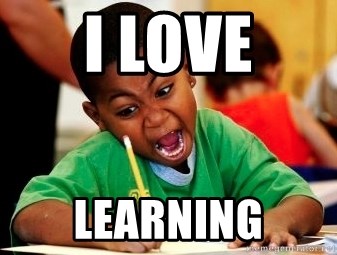This week’s reading, “Ethical challenges of edtech, big data and personalized learning: twenty-first century student sorting and tracking” by Jolene Jesse and Regan, describes the difficulties of education nowadays. After we have developed the technology, we all have a chance to learn online, such as opening learning and distributing learning; this not only increases the conventional learning knowledge but also demonstrates the lousy side of learning online, which is the privacy issue. The article mentions that “Personalized learning” violates six different ethical concerns, for example, “information privacy, anonymity, surveillance, autonomy, non-discrimination, and ownership of information (Regan & Jesse, 2019).”
In my perspective, things always have two sides. The good side of personal learning is using big data to customize a suitable plan for you to study. This is a helpful tool to help us become better. The lousy side which artificial intelligence has the risk of violating your privacy. Standing a three-person view of point, I would agree with using big data to collect our information and classify it for analysis because those data are essential to developing this society. Moreover, we have many policies to ensure our information is not misused.
However, I saw the case that happened in InBloom. InBloom collected personal information about students and revealed it to every teacher, which I think is incorrect. They even divide the students into different boards that are controversial, which I don’t think is better for their management. I don’t think the teachers at the school are a third party and should not have the right to view detailed personal information about the students directly.
With the advancement of technology, we have been able to use big data to help people organize their data and draw conclusions that can help them work better. But our laws don’t seem to have kept up with technology. I think a complete law should be people-centered. If possible, I think we could crack down on the trafficking of information without the person’s consent. For example, in Mengqi’s post, he mentioned the issue of credit card theft. I’ve experienced it too, and it’s often hard to find out who stole your credit card. Furthermore, I think there should be appropriate laws to sanction those vendors who sell our information. This might ease people’s fear of having their privacy violated.
I hope we all can wait for a better solution soon. To enable us to stop worrying about information privacy, anonymity, surveillance, autonomy, non-discrimination, and information ownership.
Reference:
Regan, P., & Jesse, J. (2019). Ethical challenges of edtech, big data, and personalized learning: Twenty-first century student sorting and tracking. Ethics and Information Technology, 21(3), 167-179. DOI: 10.1007/s10676-018-9492-2

